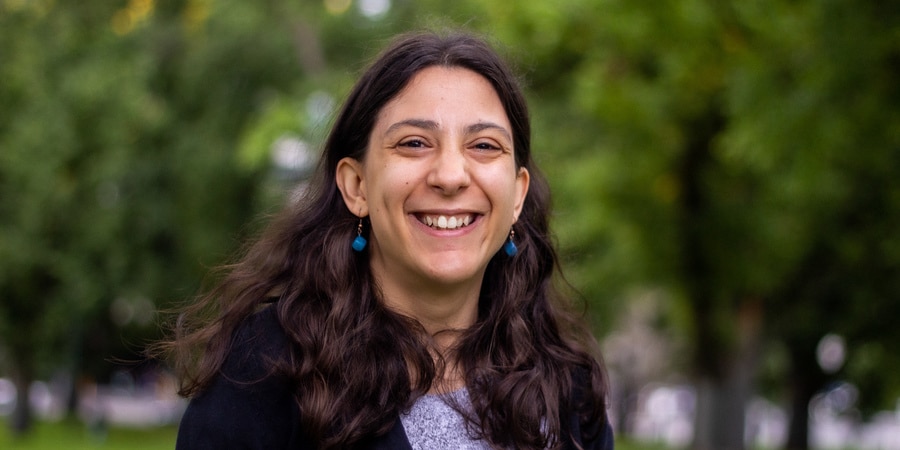
We’re delighted to welcome Laura Pettenuzzo as a guest blogger. Laura is a writer with cerebral palsy and a disability advocate living on Wurundjeri country. Passionate about accessibility, Laura writes Plain and Easy English content for various organisations, and her words have appeared in places like ABC, SBS and The Age.
It’s 2023. We’re more than 3 years into the COVID-19 pandemic. I’m doing everything I can not to be infected, and so are many people around the world.
You might be wondering why I’m writing about a virus that many consider “old news.” You might be sick of hearing about COVID.
I get it. It’s easy to pretend that the pandemic is over. It’s easier to go about our lives without considering that every COVID infection significantly increases our risk of stroke or heart disease. It’s easy to forget the danger of this virus when it’s fallen out of conversation, when it’s barely mentioned in the media. It’s easy to be lulled into a false sense of security when the World Health Organisation declared that COVID-19 is no longer a global health emergency, even though it added that the virus remains a global threat, that “millions continue to live with the debilitating effects of post-COVID condition.”
Forgetting or pretending is a luxury that the disability community simply cannot afford. Not when approximately 1 in 10 COVID infections results in Long COVID. For me, cerebral palsy (CP) means that I exert roughly 5 times the amount of energy as someone without CP on any given activity. If I were to add common COVID symptoms (fatigue, brain fog) on top of my already limited energy, my life would change drastically. My support needs would increase, my capacity for social and economic participation would decrease. And that’s best-case scenario for my ‘mild’ CP and a ‘mild’ infection.
At its worst, Long COVID leaves patients – even formerly fit and healthy people and, yes, even young children – bedbound, unable to maintain conversation, let alone work or go to school. There’s no cure or scientifically proven treatments. The only factors that are known to decrease the likelihood of developing Long COVID are having had at least 2 vaccinations and resting as much as possible in the 6 weeks immediately following infection.
Though I can arm myself with this information and more, I cannot make the world any safer for those of us trying to avoid infection. The world was largely inaccessible to me and many disabled people long before this pandemic. But now, many places that my wheelchair and I could theoretically enter are unsafe because of a lack of COVID precautions.
The lack of these precautions and the silence or contempt greeting those of us who ask for them, is a subtle and dangerous form of ableism. The silence tells us that our health doesn’t matter – that we don’t matter. But we do.
Masks, RATs and ventilation are relatively easy to implement strategies that greatly reduce COVID transmission. While not everyone will be able to afford masks and RATs, please use them if you can. Meet outdoors, if the weather permits, or open a window if you’re indoors.
If you consider yourself an ally to the disability community, now is the time to show it. Our lives – and yours – depend on it.